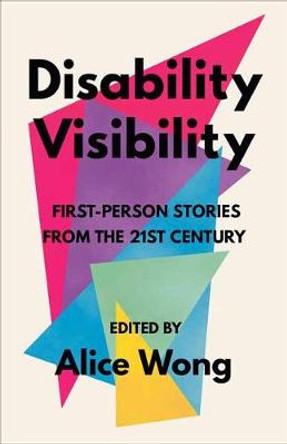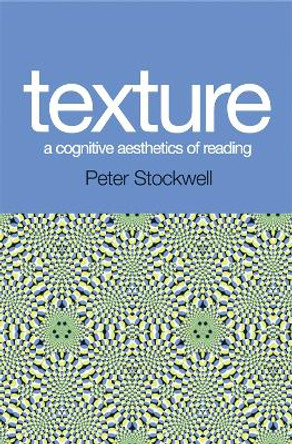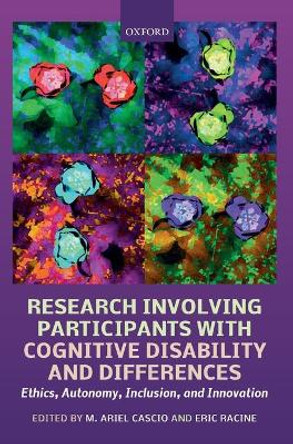Description
Cognitive Disability Aesthetics explores the invisibility of cognitive disability in theoretical, historical, social, and cultural contexts. Benjamin Fraser's cutting edge research and analysis signals a second-wave in disability studies that prioritizes cognition. Fraser expands upon previous research into physical disability representations and focuses on those disabilities that tend to be least visible in society (autism, Down syndrome, Alzheimer's disease, schizophrenia). Moving beyond established literary approaches analyzing prose representations of disability, the book explores how iconic and indexical modes of signification operate in visual texts. Taking on cognitive disability representations in a range of visual media (painting, cinema, and graphic novels), Fraser showcases the value of returning to impairment discourse. Cognitive Disability Aesthetics successfully reconfigures disability studies in the humanities and exposes the chasm that exists between Anglophone disability studies and disability studies in the Hispanic world.
About the Author
Benjamin Fraser is a professor of Hispanic Studies and chair of the Department of Foreign Languages and Literatures at East Carolina University.
Reviews
"Whether interested in theory, disability, aesthetics, or visual culture, Cognitive Disability Aesthetics is a thought-provoking and valuable means of prompting or continuing all such conversations."
-- Stuart Davis, University of Cambridge * Bulletin of Spanish Studies *Book Information
ISBN 9781487502331
Author Benjamin Fraser
Format Hardback
Page Count 288
Imprint University of Toronto Press
Publisher University of Toronto Press
Weight(grams) 580g
Dimensions(mm) 236mm * 159mm * 22mm









